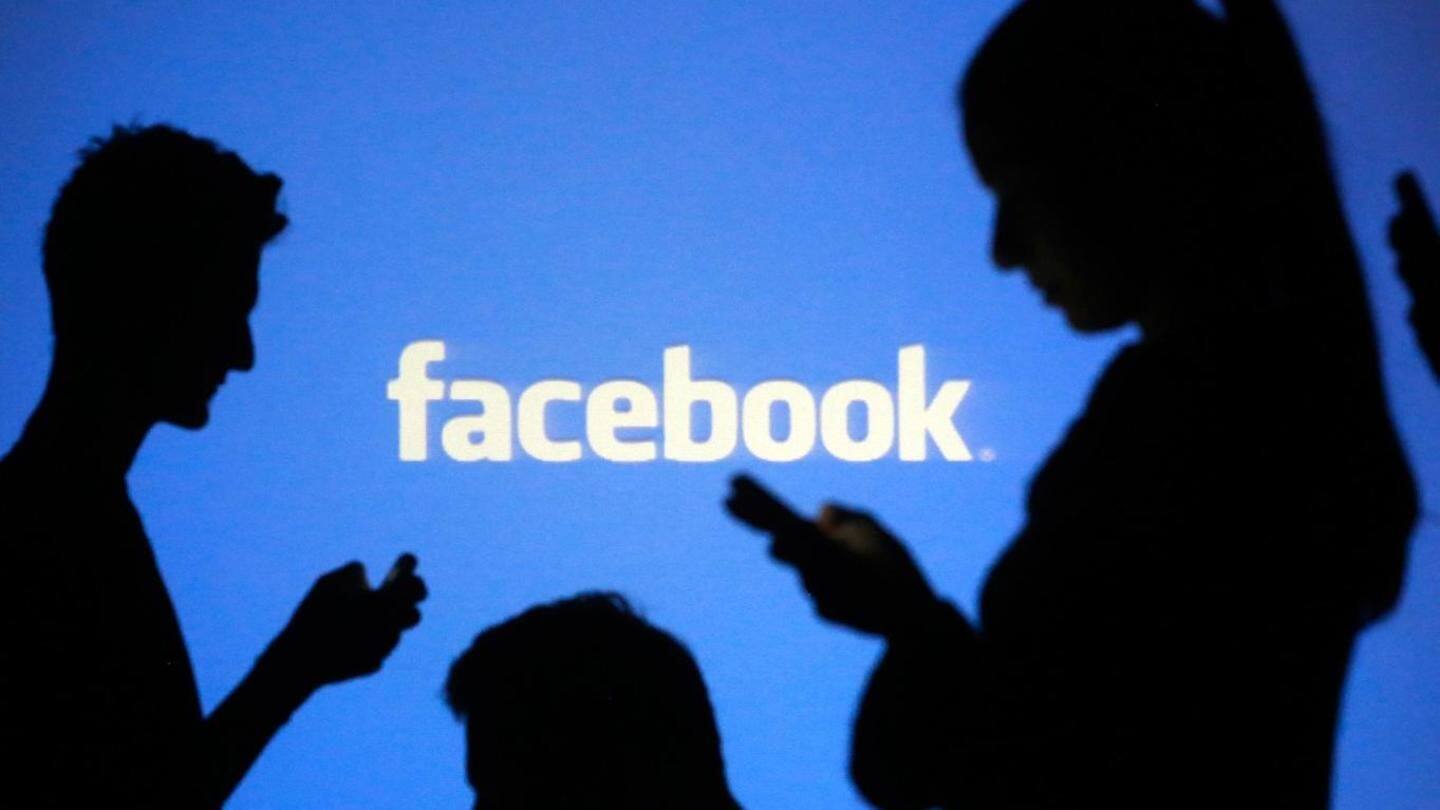
Facebook accused of allowing bias against women in job ads
What's the story
Facebook is once again embroiled in a controversy after it was accused of giving employers a powerful tool to discriminate against women seeking work.
The American Civil Liberties Union (ACLU) and Outten & Golden LLP, an employment law firm, yesterday dragged the US-based tech giant and ten other employers before the US Equal Employment Opportunity Commission (EEOC), the Washington Post reported.
Here's more.
Discrimination
Facebook targeting job ads to male users only?
The women job seekers accused Facebook for targeting job advertisements in male-dominated fields to younger male Facebook users only, excluding all women and non-binary individuals, as well as older male users.
"Sex-segregated job advertising has historically been used to shut women out of well-paying jobs and economic opportunities," Galen Sherwin, an attorney with the ACLU Women's Rights Project, said in a statement.
Advertisements
Company would defend its advertising practices: Facebook spokesperson
The complaint with EEOC is the latest of several legal efforts that question the Facebook's core business of targeting advertising to highly tailored groups of consumers, a model that earned the company over $13 billion in revenue last quarter, the report said.
A Facebook spokesperson said that the company would review the complaint and that it looked forward to defending its advertising practices.
Quote
Discrimination strictly prohibited in our policies, says Facebook
"There is no place for discrimination in Facebook; it's strictly prohibited in our policies, and over the past year, we've strengthened our systems to further protect against misuse," the spokesperson said. Notably, this isn't the first time Facebook has run into this kind of criticism.
Previous incident
Earlier, Facebook allowed housing-ads to exclude people based on race
Facebook came under extensive scrutiny for allowing housing advertisers to exclude people based on race and other protected factors, and it eventually came to an agreement to end those advertisements nationwide, The Verge reported.
It later removed 5,000 categories that allowed advertisers to exclude religious and ethnic minority groups after the Department of Housing and Urban Development filed a complaint, it said.